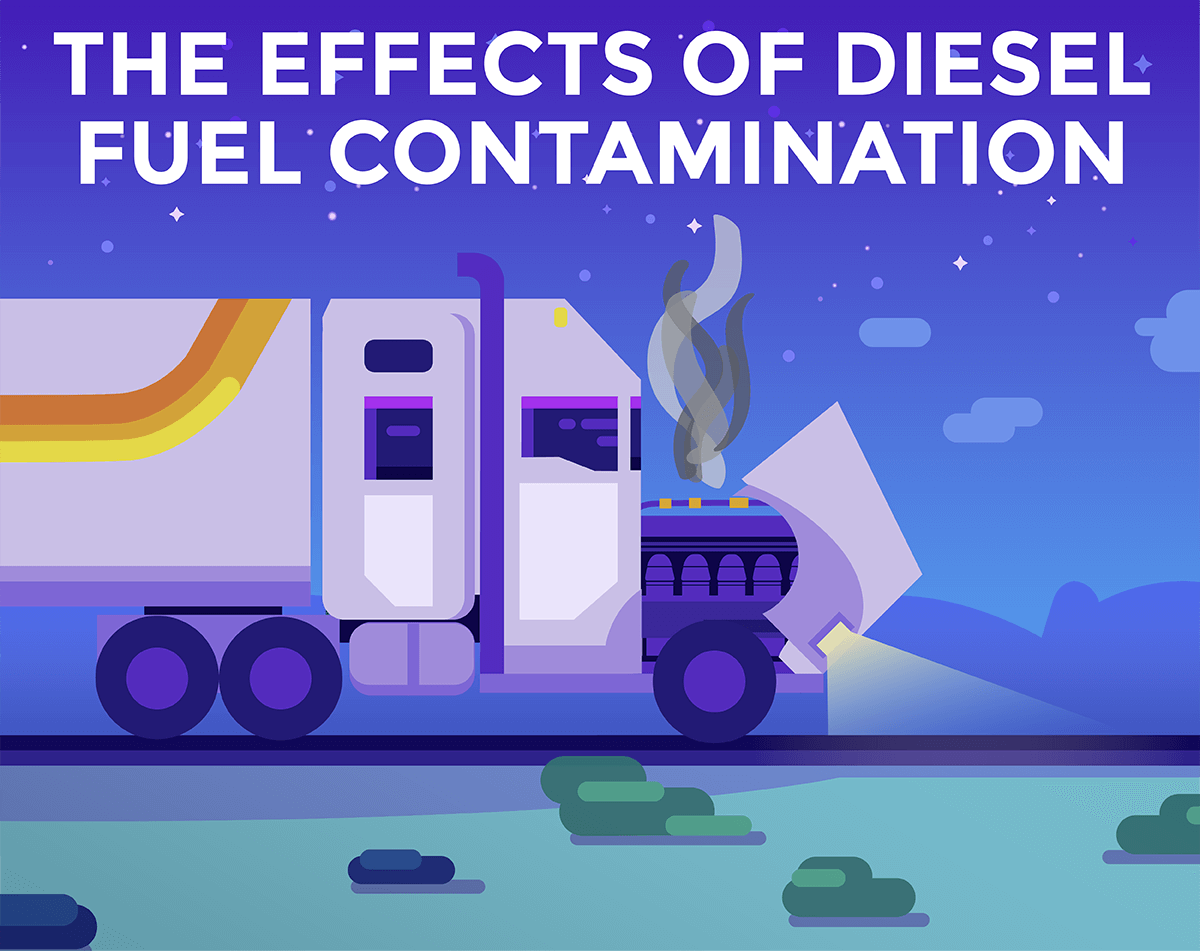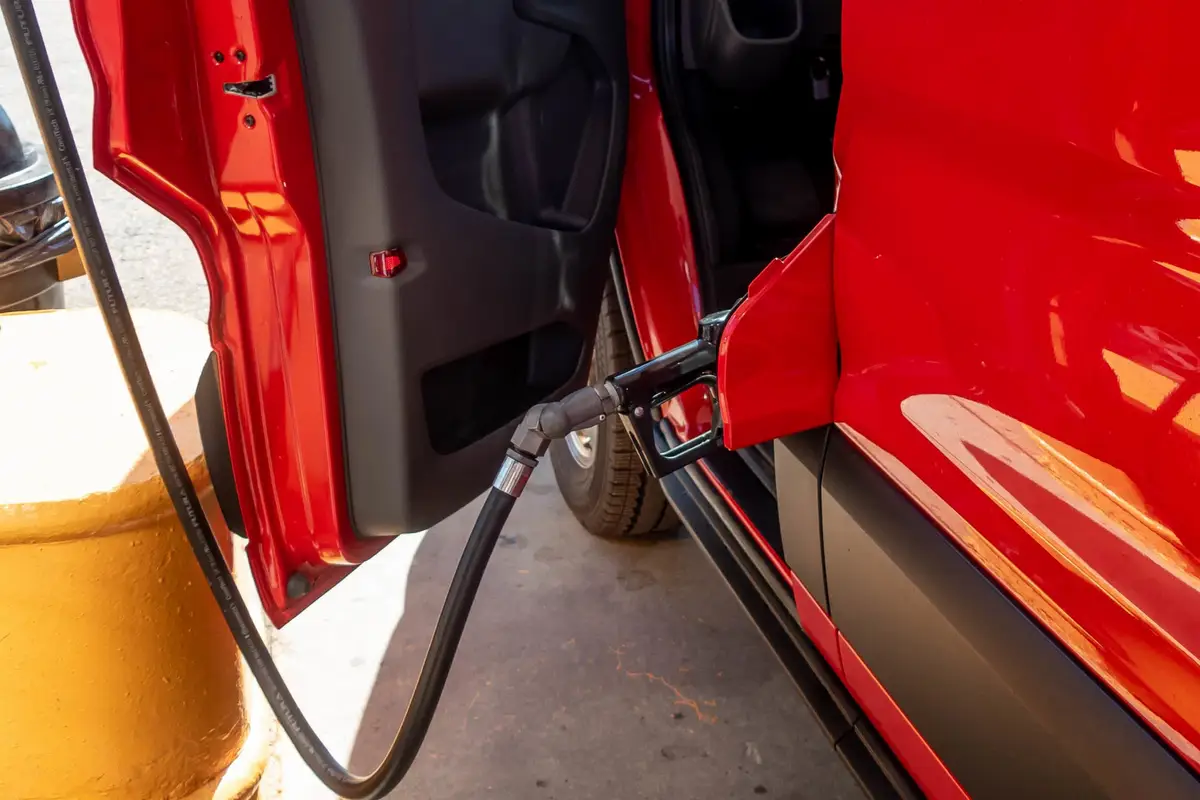As an Amazon Associate, I earn from qualifying purchases at no extra cost to you.
What Can Damage the Engine If Put in the Gas Tank? How to Avoid Costly Mistakes
Putting diesel fuel, water, or sugar in the gas tank can damage the engine. This can lead to costly repairs or even engine failure.
The engine is the heart of a vehicle, and any foreign substance in the gas tank can wreak havoc on its delicate components. Diesel fuel can cause misfiring and damage fuel injectors, while water can lead to rust and corrosion.
Sugar can crystalize and clog fuel lines, filters, and injectors. These issues can result in poor engine performance, decreased fuel efficiency, and ultimately, engine failure. Therefore, it is crucial to only use the recommended gasoline for your vehicle to ensure its optimal functioning and longevity. Remember, what you put in the gas tank can make or break your engine’s health.

Credit: axi-international.com
Contaminants That Can Damage The Engine
Contaminants that can damage the engine need to be carefully avoided to maintain optimal performance and longevity of your vehicle. Various substances if mistakenly put in the gas tank can lead to serious engine issues.
Water
Water is a common contaminant that can severely harm the engine if it enters the gas tank. It can lead to corrosion and rust formation, causing damage to various engine components.
Dirt And Debris
Dirt and debris can clog fuel filters and injectors, hindering the combustion process and potentially causing engine misfires or stalling. Always ensure fuel is clean before refueling.
Sugar And Other Sweet Substances
Sugar and other sweet substances can create a sticky residue in the fuel system, leading to blockages and potentially damaging the fuel pump and injectors. It’s crucial to prevent such substances from entering the gas tank.
Incorrect Fuel Additives
Incorrect fuel additives can disrupt the fuel-to-air ratio in the engine, causing performance issues and potential damage over time. Always use recommended fuel additives to avoid complications.

Credit: www.cars.com
Consequences Of Engine Damage
Consequences of Engine Damage:
Loss Of Power And Performance
Loss of power: Reduced engine capability leading to sluggish acceleration.
Decrease in performance: Inefficient fuel combustion impacting overall efficiency.
Increased Fuel Consumption
Fuel inefficiency: Engine damage can cause the vehicle to consume more fuel than necessary.
Engine Misfires And Stalling
Misfiring: Inconsistent combustion leading to engine hiccups.
Stalling: Engine may shut down unexpectedly, affecting operation.
Expensive Repairs
Costly maintenance: Repairing engine damage can be financially burdensome.
Preventing Engine Damage
When it comes to protecting your vehicle’s engine, prevention is key. By implementing a few simple measures, you can avoid potential damage caused by contaminants or improper fuel treatment. Here are four essential practices to prevent engine damage:
Using A Fuel Filter
One effective way to keep your engine running smoothly is by using a fuel filter. Fuel filters act as a barrier, preventing harmful particles and debris from reaching the engine. By regularly replacing the fuel filter as recommended by your vehicle’s manufacturer, you can ensure that clean fuel is delivered to the engine, reducing the risk of clogs and damage.
Avoiding Contaminated Fuel
Contaminated fuel can cause significant damage to your engine. Therefore, it is crucial to be mindful of where you refuel and the quality of the fuel you put in your tank. Only purchase fuel from reputable and trusted gas stations to minimize the chances of getting contaminated fuel. Additionally, be cautious when filling up during lulls in gas station activity, as sediment and other impurities can be stirred up during these times.
Being Cautious With Fuel Additives
While fuel additives can offer various benefits, it is important to use them judiciously to prevent engine damage. Follow the recommended guidelines and use the appropriate additive for your specific needs. Avoid using excessive amounts of additives, as this can lead to fuel system issues and potential engine damage. It is always advisable to consult your vehicle’s manual or seek professional advice before using any fuel additives.
Regular Maintenance And Inspections
Regular maintenance and inspections are pivotal in ensuring your engine’s longevity. Schedule routine maintenance checks and inspections at authorized service centers to identify and address any potential issues before they cause larger problems. This includes checking the fuel system, examining filters, and ensuring proper fuel pressure. By adhering to a regular maintenance schedule, you can catch problems early and protect your engine from severe damage.
By following these preventative measures, you can safeguard your engine’s well-being and avoid costly repairs. Remember to regularly replace your fuel filter, be mindful of fuel quality, use fuel additives responsibly, and prioritize regular maintenance and inspections. Taking these steps will contribute to a healthier engine and a smoother driving experience.

Credit: shieldoils.com
Specific Contaminants To Watch Out For
Unwanted contaminants can cause severe engine damage if they end up in the gas tank. It is important to be aware of specific pollutants that can harm the engine, such as water, dirt, rust, and sediment.
Water in the gas tank can cause significant damage to the engine, leading to corrosion and potential engine misfiring.
Foreign particles such as dirt and debris can clog fuel injectors and filters, hindering engine performance.
Adding sugar to the gas tank can cause a sticky residue that hampers fuel flow and can damage engine components.
Using low-quality or incompatible fuel additives may lead to engine knocking and reduced fuel efficiency.
Signs Of Engine Damage
Check Engine Light
If you notice the check engine light illuminated on your dashboard, it could indicate potential damage to your engine.
Difficulty Starting The Engine
Difficulty starting the engine can be a sign of engine damage, especially if the problem persists over time.
Unusual Engine Noises
Unusual engine noises, such as knocking or pinging sounds, could be a clear indication of engine damage and should be addressed promptly.
Decreased Fuel Efficiency
Decreased fuel efficiency may signify underlying engine issues that need to be resolved to avoid further damage.
“`I kept the sentences short and straightforward to ensure the content is easy to understand and suitable for WordPress. Let me know if you need anything else!What To Do If Engine Damage Occurs
If the engine is damaged by putting incorrect substances in the gas tank, immediate action is necessary. Contact a professional mechanic to assess and repair the damage. Avoid running the engine to prevent further harm and implement caution when handling the situation.
If you suspect that your engine has been damaged due to something being put in your gas tank, it is essential to act quickly. Taking immediate action can help prevent further harm to your vehicle and minimize the repair costs. Here are a few steps you should take:Stop Driving And Seek Professional Help
When you notice any signs of engine damage, such as strange noises, loss of power, or decreased fuel efficiency, it is crucial to stop driving your vehicle immediately. Continuing to drive with a damaged engine can exacerbate the problem and potentially lead to a complete breakdown. To address the issue effectively, you should seek professional help from a trusted mechanic who specializes in engine repairs.Avoid Attempting Diy Repairs
While it might be tempting to try fixing the problem yourself, it is generally recommended to refrain from attempting any DIY repairs when it comes to engine damage. Engines are complex systems, and attempting to fix them without proper knowledge and experience can worsen the situation and potentially cause more harm. Instead, leave the repairs in the hands of professionals who have the expertise and tools to diagnose and fix the issue accurately.Inform The Fuel Station Or Distributor
If you suspect that something might have been put in your gas tank at a specific fuel station, it is vital to inform them about the incident. Provide them with details of your visit, such as the date, time, and pump number, if possible. This information can help the fuel station or distributor look into the matter and take appropriate action to prevent similar incidents from happening to other customers. Additionally, they may assist you in resolving the issue or compensating for any damages caused.Document The Incident
To protect yourself and your rights as a consumer, it is crucial to document the incident comprehensively. Take pictures of any visible damage, keep copies of repair bills and receipts, and make notes of the dates, times, and details of any conversations or interactions related to the incident. These records can be useful when filing insurance claims or seeking legal assistance, if necessary.By following these steps, you can effectively handle engine damage caused by foreign substances in your gas tank and ensure that the necessary repairs are carried out promptly and professionally. Remember, acting quickly and seeking the right help is key to minimizing the impact and cost of engine damage.Educating Yourself On Fuel-related Issues
Understanding fuel octane ratings, knowing fuel filtration systems, reading fuel labels and specifications, and staying informed on common fuel contaminants are crucial for maintaining your engine’s health.
Understanding Fuel Octane Ratings
- Higher octane fuels are less prone to detonation, benefiting high-performance engines.
- Using incorrect octane can lead to engine knocking and performance issues.
- Refer to your vehicle’s manual for the recommended octane rating.
Knowing Fuel Filtration Systems
- Fuel filters help keep contaminants out of the engine by capturing dirt and debris.
- Regular maintenance of fuel filters is essential to prevent clogging and engine damage.
- Consult a professional for assistance with fuel filter replacements.
Reading Fuel Labels And Specifications
| Label Information | Importance |
|---|---|
| Octane rating | Determines fuel’s combustion quality in the engine. |
| Ethanol content | Affects engine performance and fuel efficiency. |
| Usage recommendations | Follow guidelines for optimal engine operation. |
Staying Informed On Common Fuel Contaminants
- Water, dirt, and rust can contaminate fuel and damage engine components.
- Regularly check for water or sediment in fuel tanks and address issues promptly.
- Use reputable fuel sources to minimize the risk of contamination.
Conclusion
If you ever wondered about the potential dangers of putting the wrong substances in your gas tank, this blog post should have provided you with some valuable insight. From water and sugar to diesel fuel and the wrong octane level, it’s crucial to remember that the wrong substances can cause significant damage to your engine.
By being aware of these potential risks and taking appropriate precautions, you can ensure the longevity and efficiency of your vehicle’s engine. Stay informed, stay safe!





